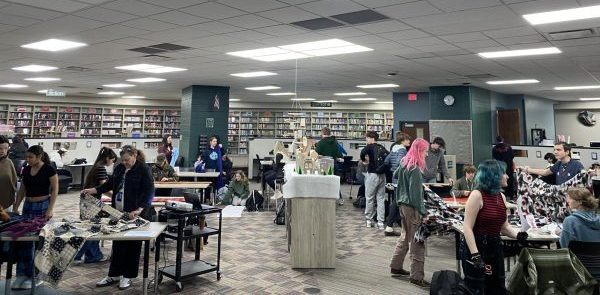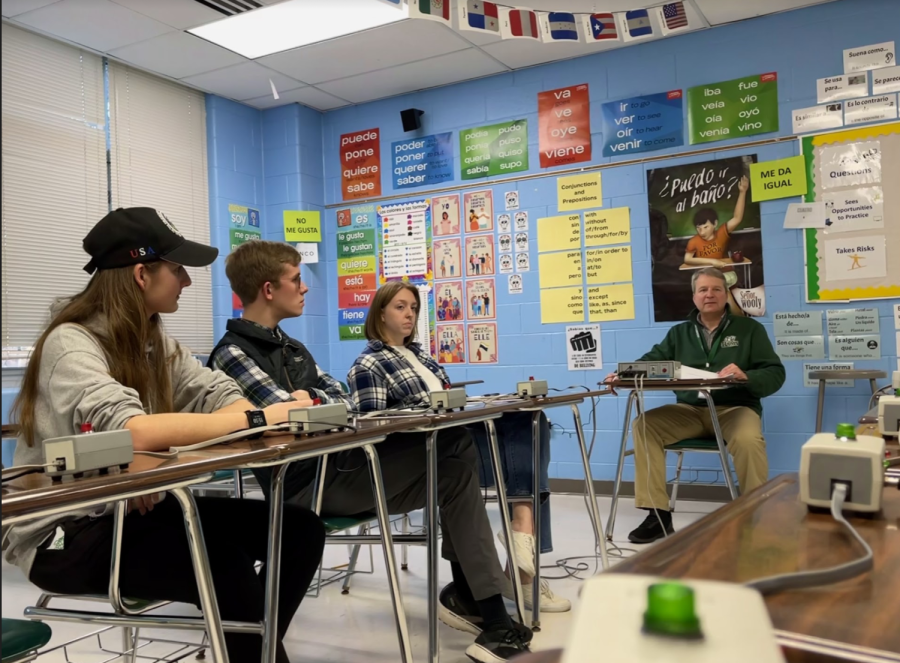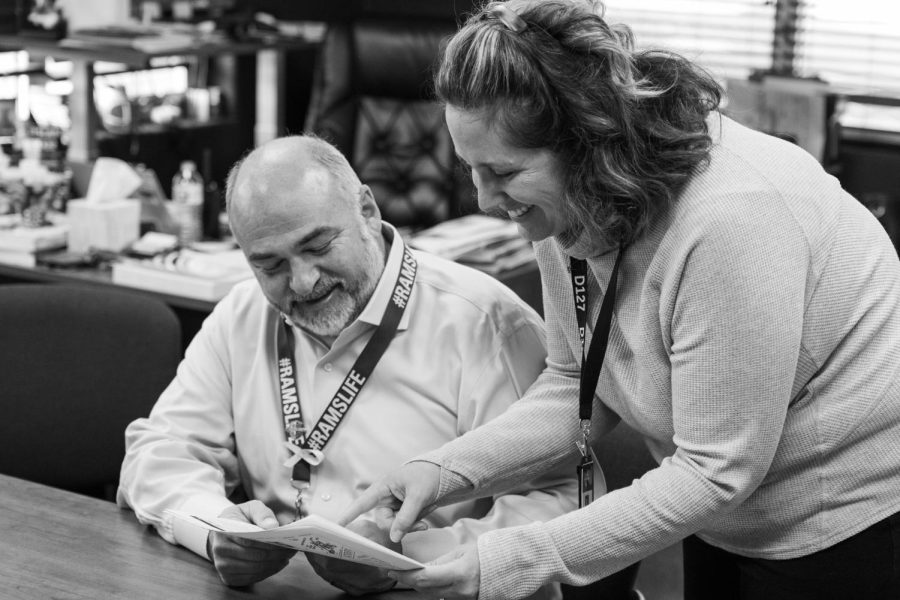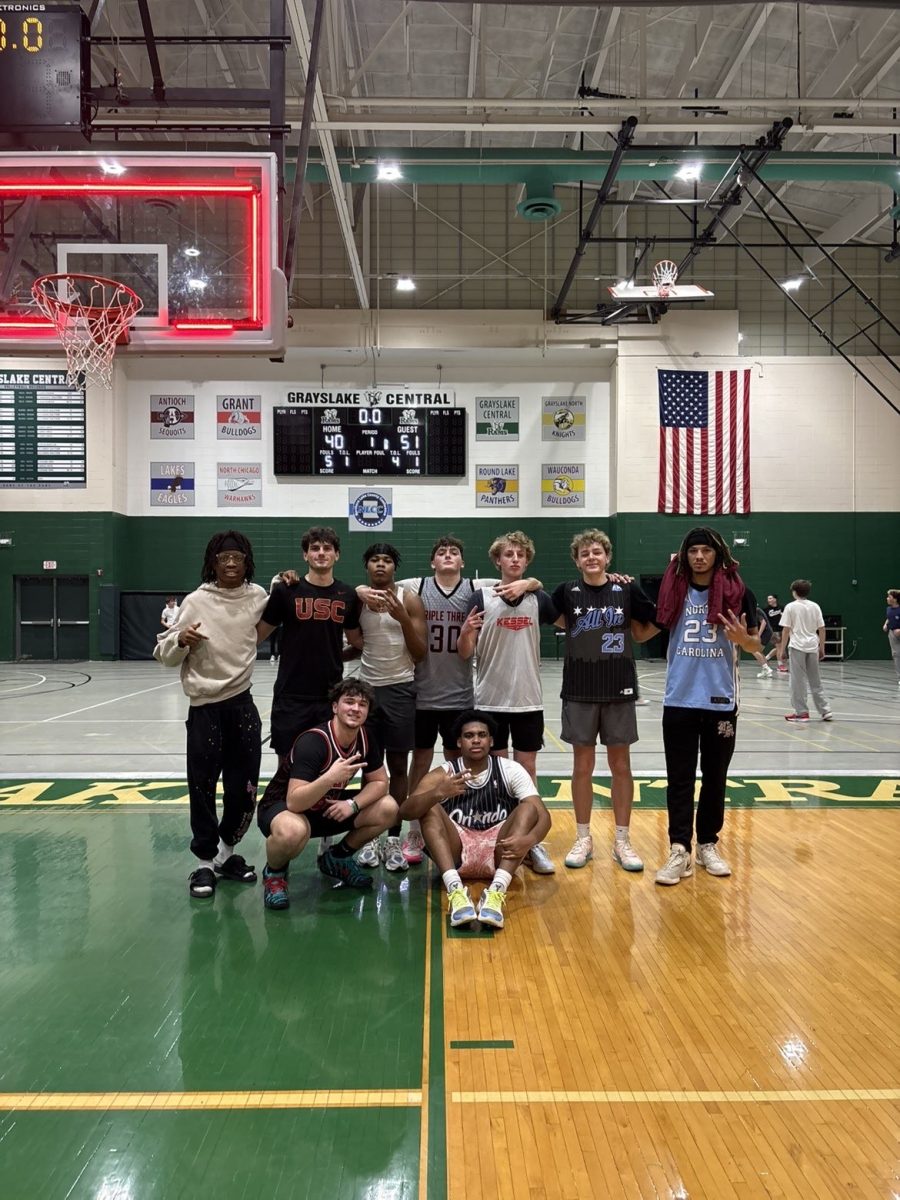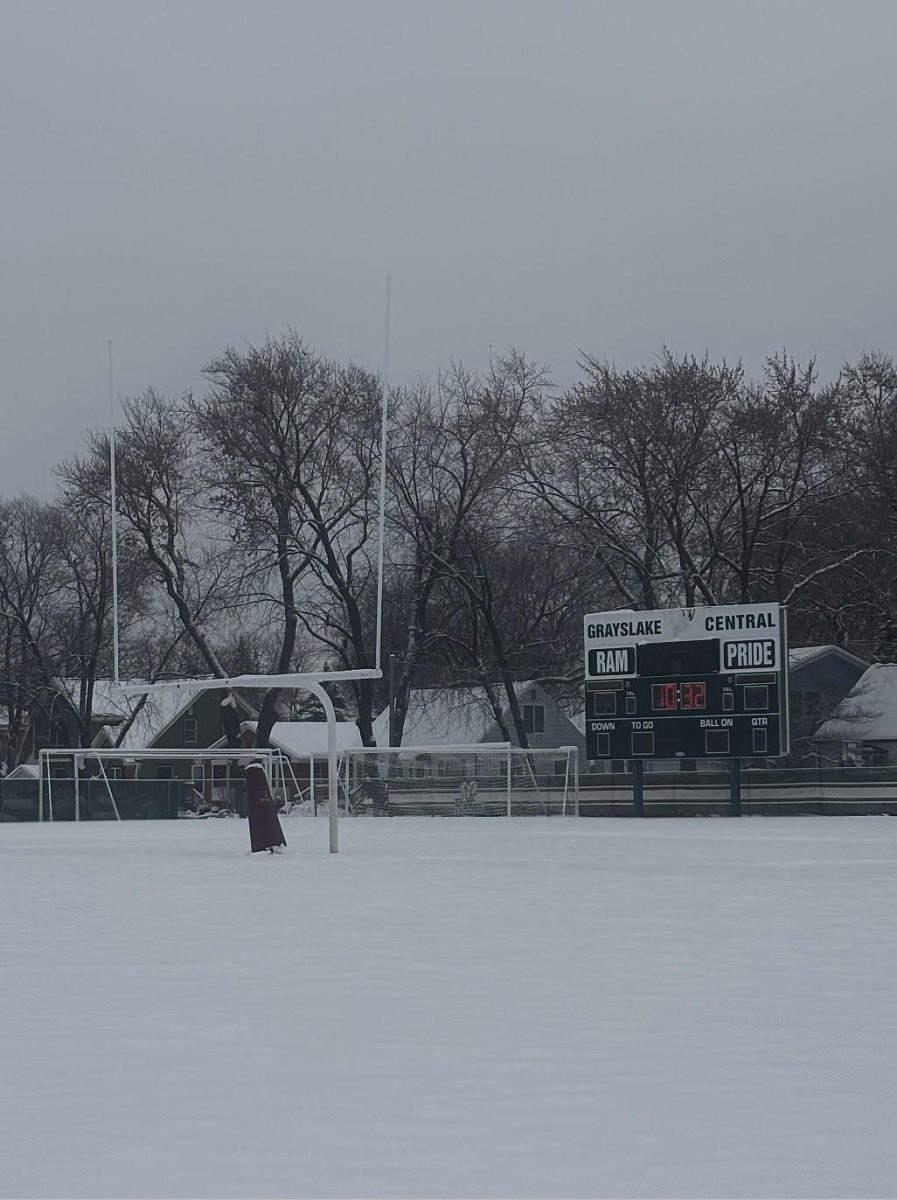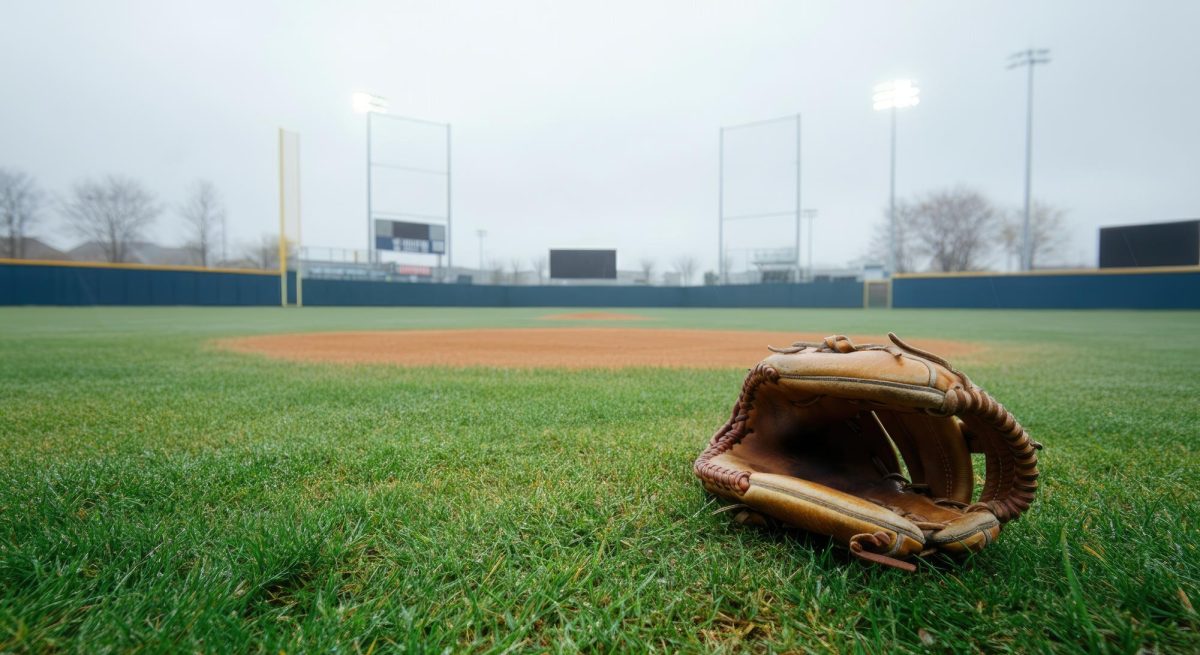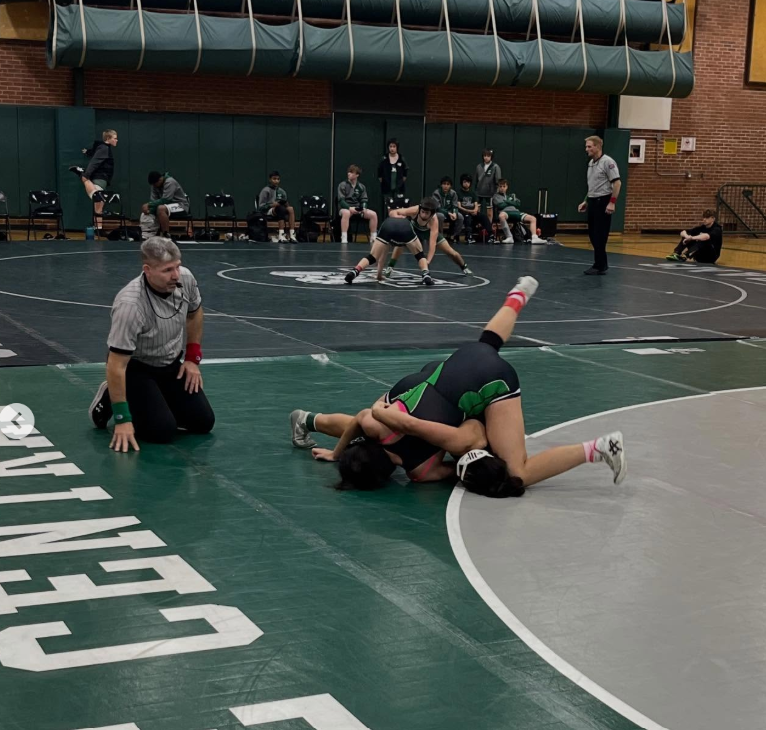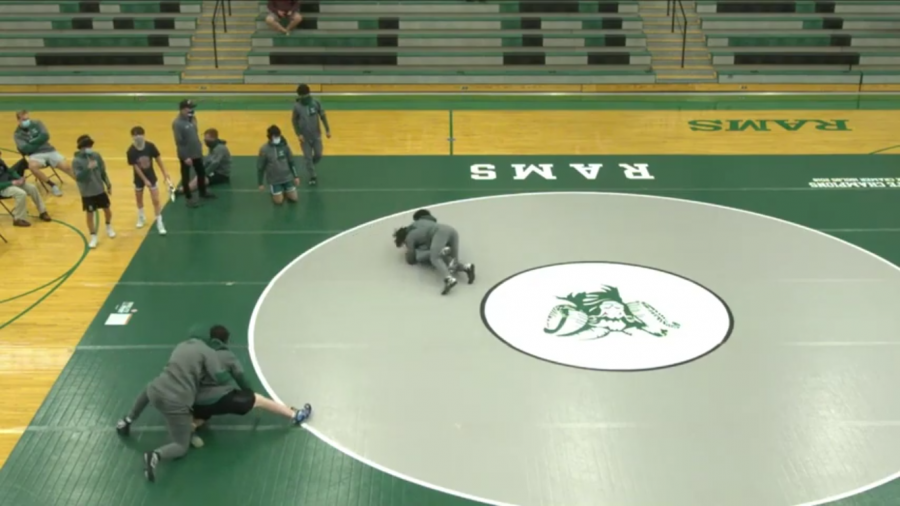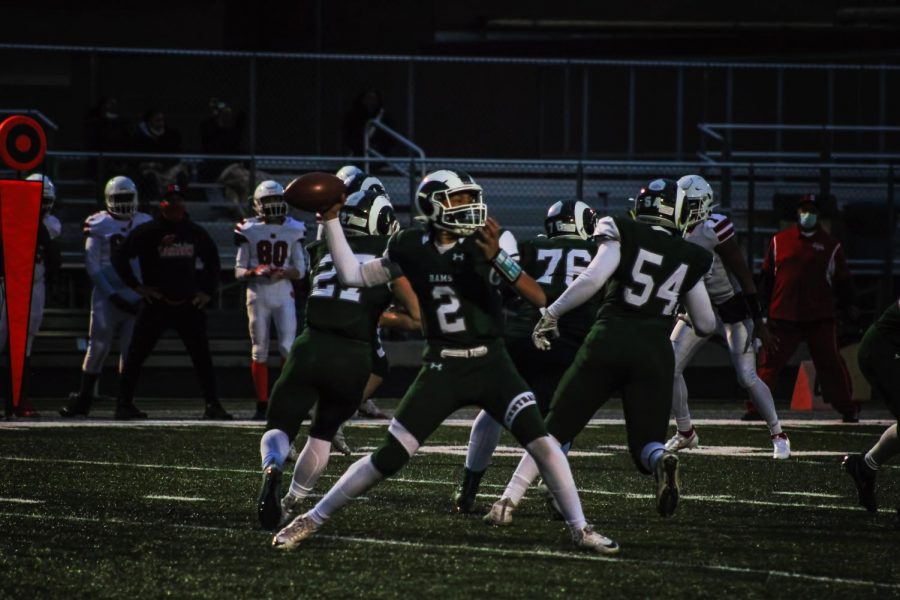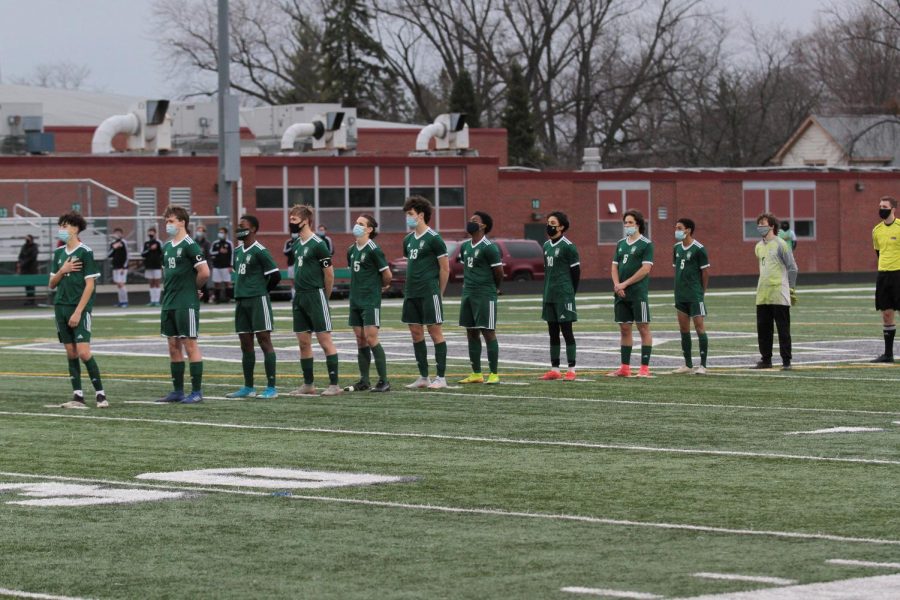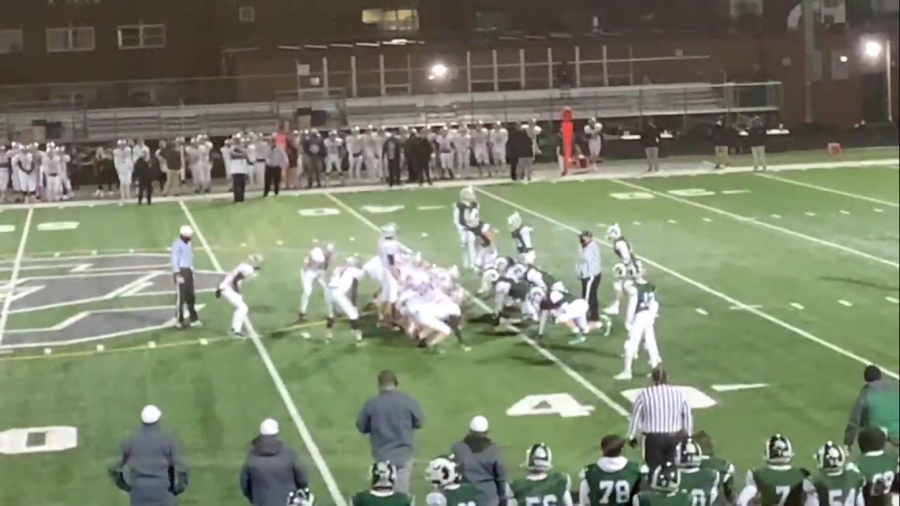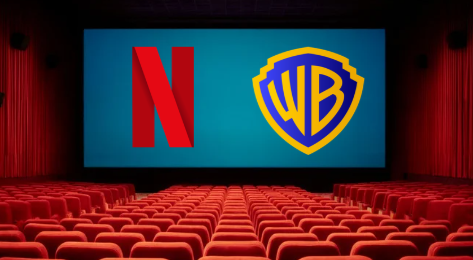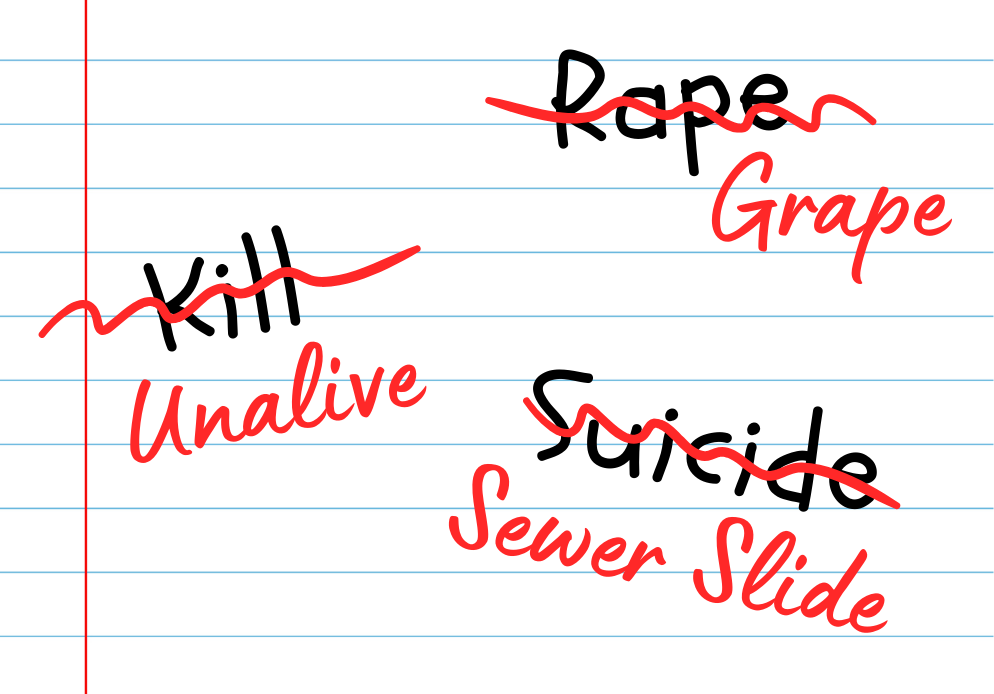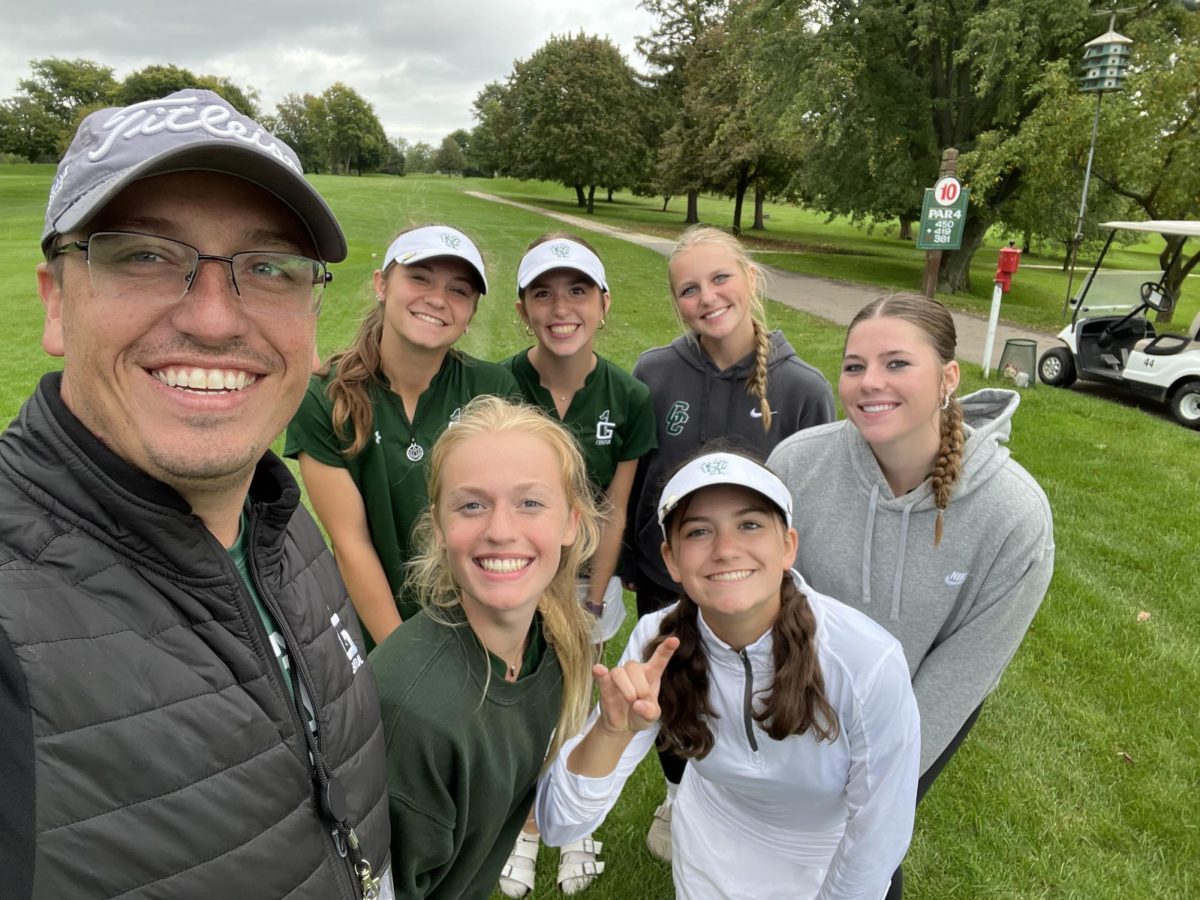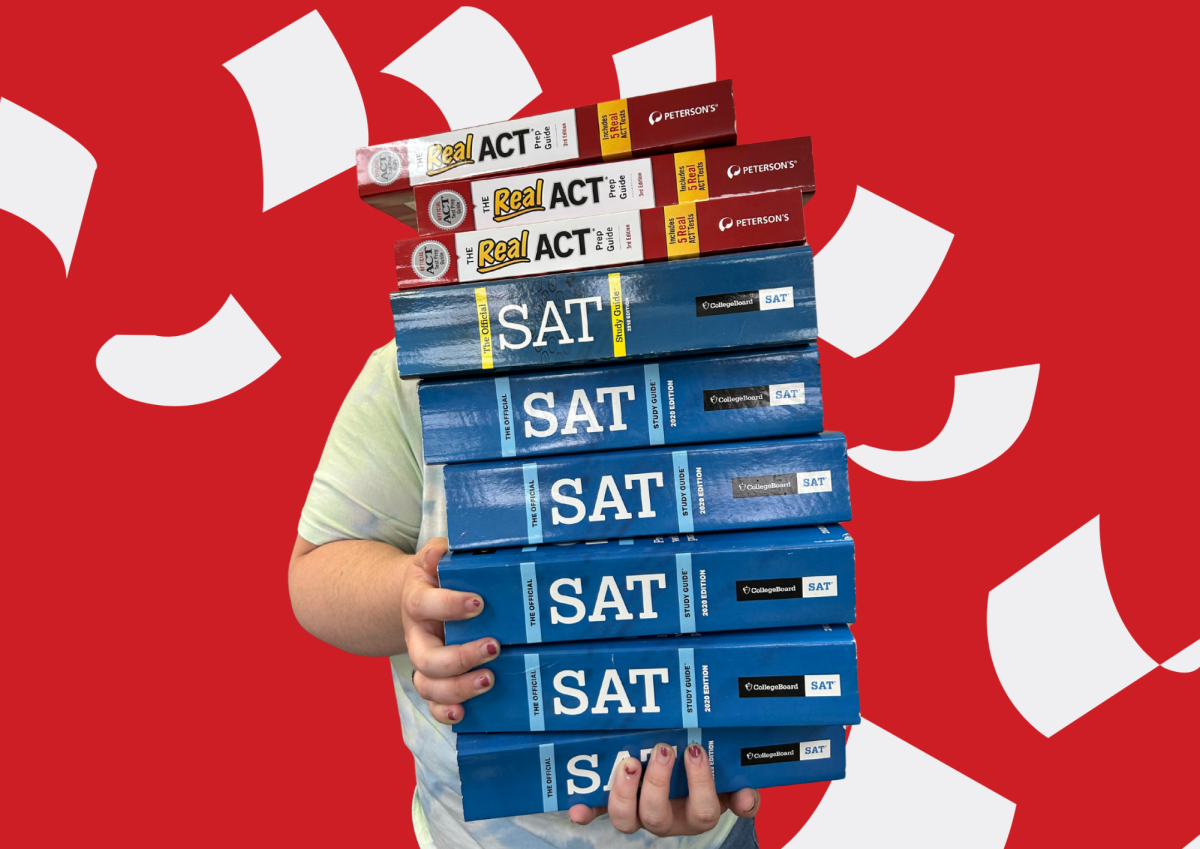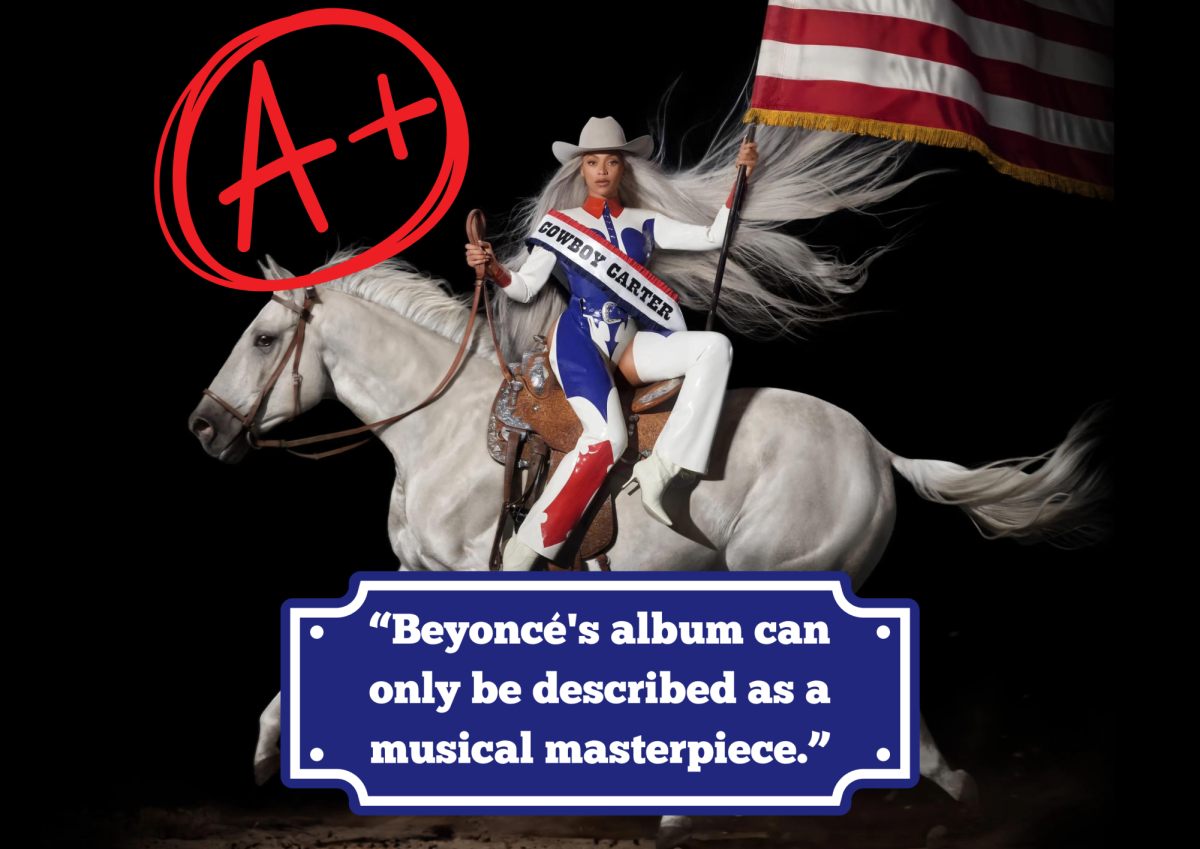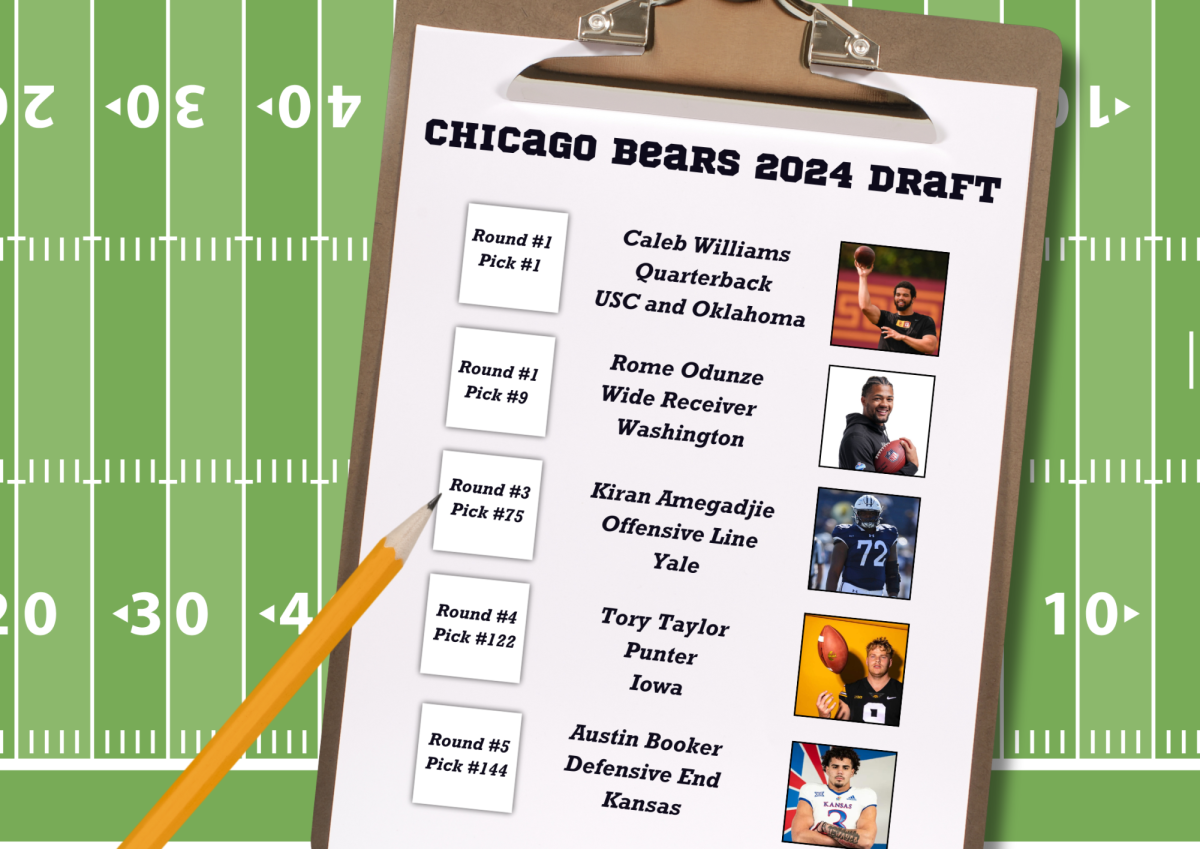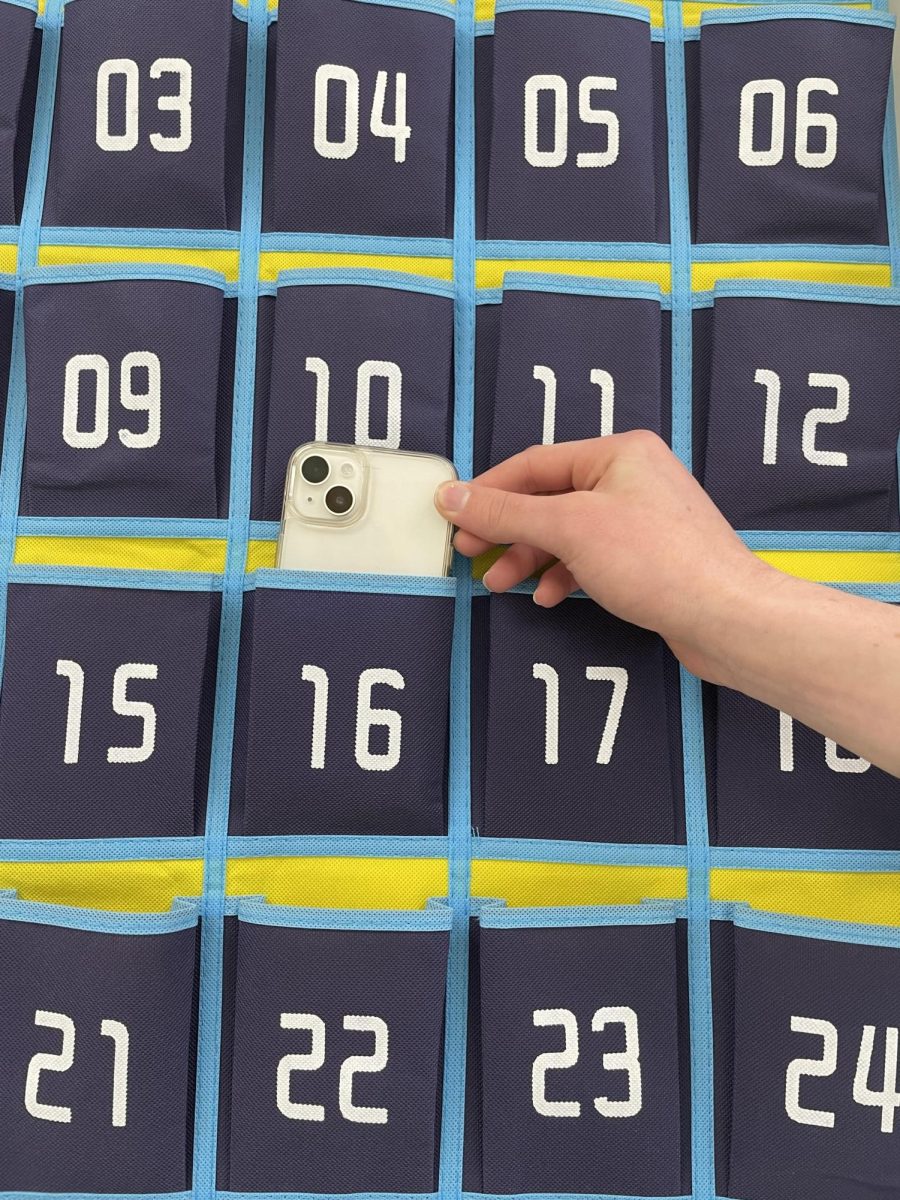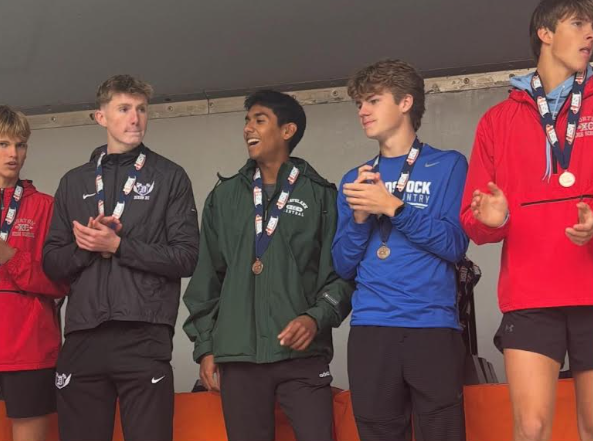An ad that aired in New Zealand in March 2023 by the organization “Correct the Internet” shocked viewers when it highlighted the discrepancies and bias in Google’s search engine for women’s accomplishments in sports. It begins with a young girl asking Google, “who scored the most goals in international football?” and the search engine answers “Cristiano Ronaldo.” The commercial then reveals that the person who has actually scored the most goals in international football is Canadian soccer player Christine Sinclair. Compared to Ronaldo, Sinclair has scored 190 goals in international competition, while Ronaldo has scored 128.
This commercial highlights a major issue within sports that has been on every sports fan mind this year than any other: the inequality between women’s and men’s sports. Conversations around equal pay, sponsors, viewership, and support have been on every channel and in every conversation – even here at Grayslake Central.
Savannah Stryker, a varsity golf player here at Grayslake Central High School, questioned the differences she sees between men’s and women’s in sports at GCHS. “I feel like the main difference is that men’s sports have just been around a lot longer than women’s sports is and there’s a lot more, like, anticipation, and excitement around it.” She brings up an important point; men’s sports has been represented and publicized longer than women’s athletics has. According to The Atlantic, the first recorded competitive men’s sport was in 70,000 BCE, and the first recorded organized competitive women’s sport was in 6th century B.C., according to The Wire. This begs the question – how do we overcome centuries of inequity?
At Grayslake Central, there are people who have incorporated traditions usually found in men’s sports into the women’s program; an example of this is the girls golf program. Bryan Dovichi is the coach for Grayslake Central’s varsity golf team. When trying to bring in traditions for his team, Dovichi said, “the first thing I did is I brought out the team to come hit the first tee shot to set the year and for the girls to get super excited about that. Their parents were there. My kids were there. It was just a cool experience.” Dovichi bringing in the tradition of the first tee shot, though a seemingly small action, brings a new opportunity for girls to participate in the same traditions and greatness that boys sports enjoy.
In other sports at Grayslake Central, the inequity is felt in the level of support. Junior captain of the women’s basketball team, Annie Wolff, describes the discrepancies between men’s and women’s basketball at Central. “There is still such a big imbalance, as a female athlete. I’ve been accustomed to not having audiences; so if you were to see a boys game and they didn’t have that big of an audience, I feel like that would affect how they play. And like the girls on our team, we know how to play in front of, like, no one,” Wolff said.
Wolff also discussed the pressures of not having an audience. “Yeah, I feel like we just are constantly having to prove ourselves like, in terms of [an] audience. You have to prove to the audience why they should want to come while the men – they just come.” Overall she does share the sentiment that things are getting better, largely due in part to the incredible Caitlin Clark of the University of Iowa. “When you hear Caitlin Clark’s name and you’re just like, oh my god, you associate them with the big men’s names,” Wolff said. “The recognition just makes me so happy.”
Caitlin Clark has become an icon for women in sports and a pioneer in making women’s sports just as popular as men’s. Her rise to fame has not only showcased her mesmerizing three-pointers but has challenged the prejudices and stereotypes that female athletes have faced for hundreds of years. Even as hecklers in the crowd try to throw Clark off her game, she continues to break down barriers in all sports at all levels. In a landscape where women’s sports are often looked over, Clark’s rise has shown the impact of women in sports. Her achievements have not only skyrocketed her career, making her the number one pick for the WNBA draft, but have ignited a broader movement and conversation of equity and representation in sports, regardless of gender.
Female athletes are also rising in popularity, and respect, across the pond in Europe. The F1 Academy, an initiative founded by Susie Wolff, a Scottish racing driver, aims to “develop and prepare young female drivers to progress to higher levels of competition.” It is an all-female global F4 level open wheel racing series. The goal is not to create the first modern female Formula One driver but to show to the girls watching that this is something they can do and reduce the prejudices held by people. Since its inaugural season in 2023 they have seen an 265% increase in female participation in the British Indoor Karting Championship. The 2024 season has already shown some great racing and next they will be racing in Miami on May 3-5, this will be the home race for both Chloe Chambers and Lia Block, daughter of famed Rally driver Ken Block.
No matter if it’s at the high school, collegiate, or pro level, female athletes have had to claw and fight for recognition – the tides seem to be turning however, as long as there are fans in the stands and people cheering as loud for women athletes as they do for men. As Caitlin Clark told Goals Sports during the NCAA Women’s tournament this year, “No matter what sport it is, give them the same opportunities, believe in them the same, invest in them the same and things are really going to thrive.”


